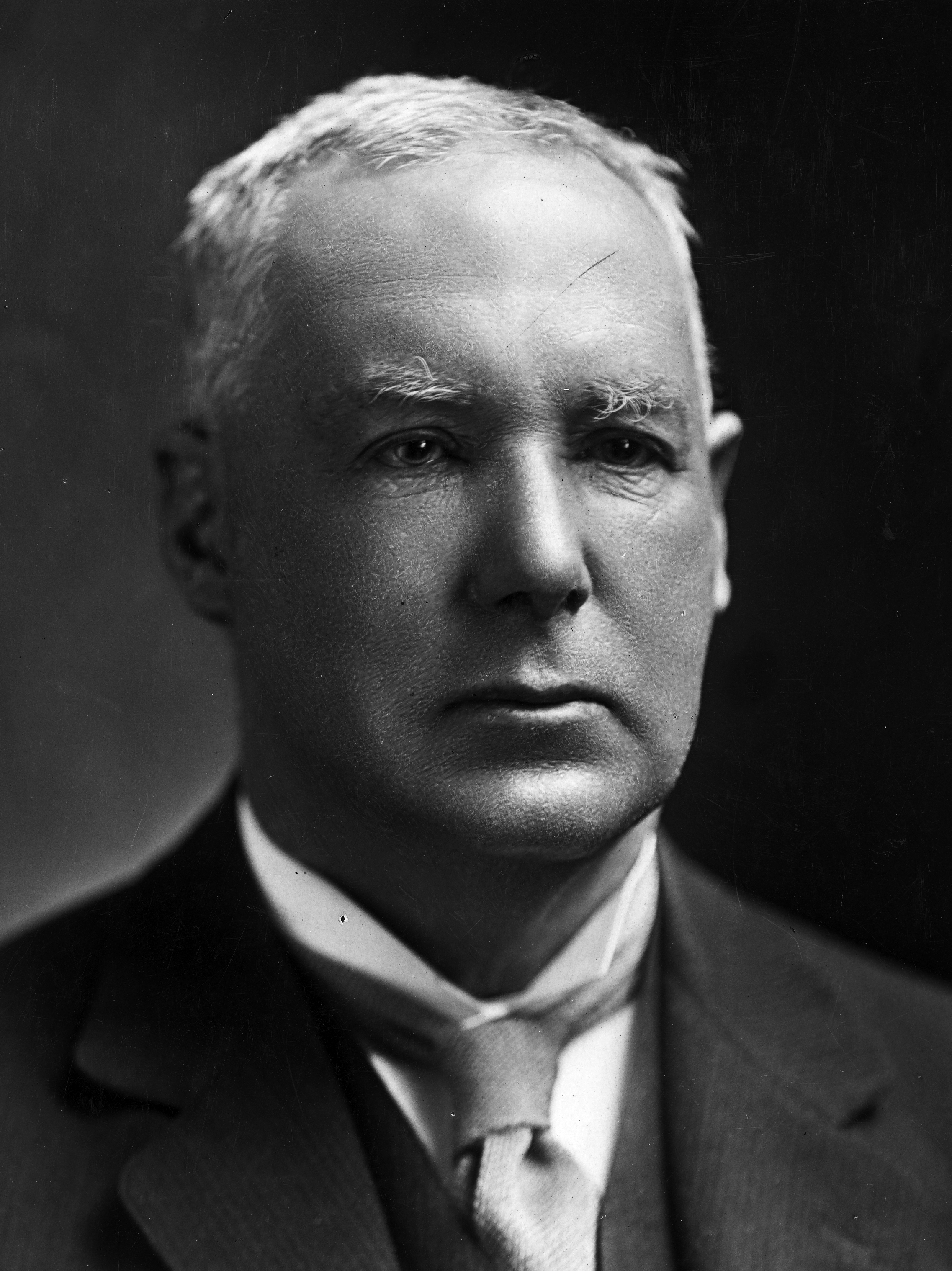Bell, Sir Francis Henry Dillon (1851-1936), was a lawyer and politician who briefly served as prime minister of New Zealand in 1925. He was the first prime minister of New Zealand who was born there. During Bell’s time in office, New Zealand was a dominion (self-governing territory) within the British Empire.
Early life and family.
Bell was born in Nelson, in New Zealand’s South Island, on March 31, 1851. He was the first son of Francis Dillon Bell, who worked as an agent of the New Zealand Company, and Margaret Hort. The New Zealand Company was a private organization that promoted British colonization of New Zealand. 
Young Francis took his early education in New Zealand before attending St. John’s College at Cambridge University in the United Kingdom. He earned a Bachelor of Arts degree at St. John’s in 1873, and in 1874 he became a barrister—that is, a lawyer qualified to argue cases in the highest courts. Bell worked on the Conservative Party campaign prior to the 1874 general election in the United Kingdom. The following year, he returned to New Zealand and joined a law practice in Wellington.
In 1875, Bell and four other barristers established the first legal journal in New Zealand, the Colonial Law Journal. In 1878, Bell became crown solicitor—the most senior legal representative for the British government in a particular city or district—for Wellington. He held the position until 1890.
On April 24, 1878, Bell married Caroline Robinson, known as Carrie (1853-1935), in Christchurch. Caroline was the daughter of William Robinson, an English-born landowner and former member of the Legislative Council, which at that time was one of two houses of New Zealand’s Parliament. The Bells had eight children.
Political career.
Bell first attempted to enter politics in 1890, when he ran an unsuccessful campaign for Parliament. In November 1891, Bell ran for mayor of Wellington and won. He was reelected the following year. In 1893, he was elected to represent Wellington in the House of Representatives, the other house of New Zealand’s Parliament.
Bell was well known for his legal expertise. However, he was not popular with other politicians in the House. He did not run for reelection in 1896. He retired from politics and returned to his legal practice. From 1902 to 1910, Bell again served as crown solicitor for Wellington.
During Bell’s time in Parliament, he forged a close friendship with fellow member of Parliament William Massey. In July 1912, Massey became prime minister of New Zealand, after he led the Reform Party in a vote of no confidence over the Liberals in Parliament. Massey chose Bell to head the Legislative Council. During Massey’s years as prime minister, from 1912 to 1925, Bell also held a variety of Cabinet posts, including attorney general and minister of external affairs.
Bell worked closely with Massey, drafting bills and measures to help New Zealand deal with the stresses of World War I (1914-1918). Bell believed that, as a part of the British Empire, New Zealand had a duty to support the United Kingdom. He supported military conscription (draft) for overseas service. In 1915, Bell was made a Knight Commander of the Order of St. Michael and St. George. He was promoted to Knight Grand Cross of that order in 1923.
After the war, the League of Nations gave New Zealand a mandate (order) to govern Western Samoa (now known as Samoa). Bell drafted the legislation to establish Western Samoa’s new government.
From 1921 to 1925, Bell served as acting (temporary) prime minister of New Zealand three times. When Massey died on May 10, 1925, Bell was chosen to succeed him as prime minister. Bell took office on May 14. On May 30, the Reform Party elected Joseph Gordon Coates its new leader. That day, Bell stepped down as prime minister, and Coates took office.
Coates allowed Bell to continue serving as attorney general and minister of external affairs. In 1926, Bell became a member of the Privy Council, an honorary council appointed by the British monarch. He remained as a member of the Legislative Council until his death on March 13, 1936.
